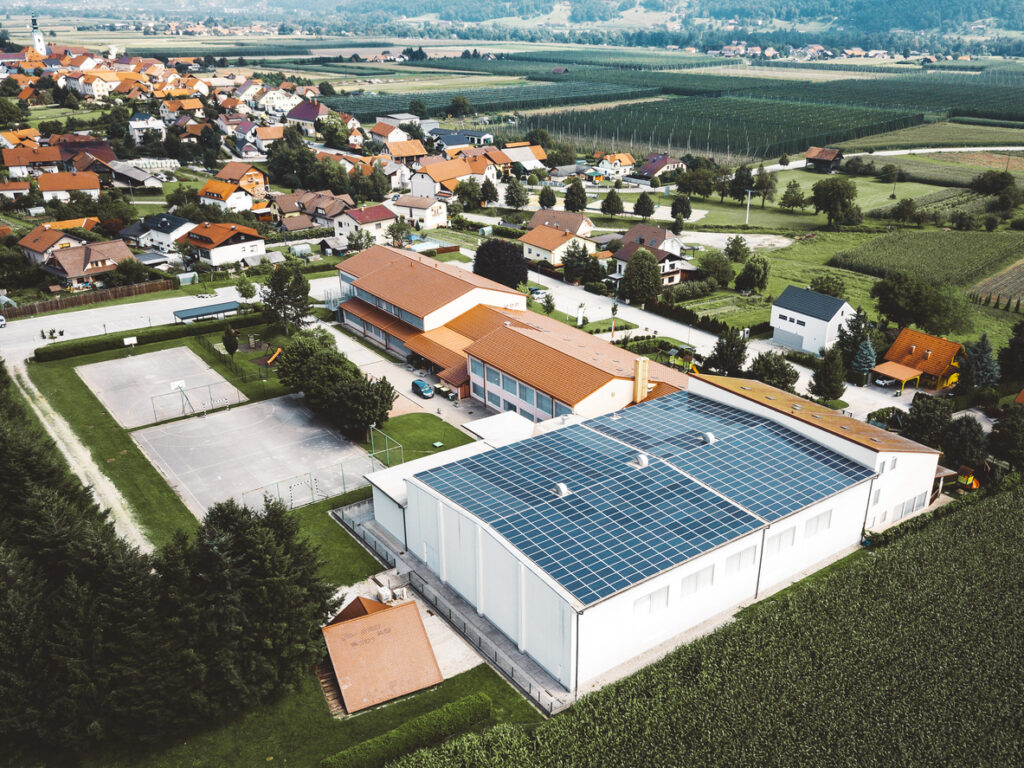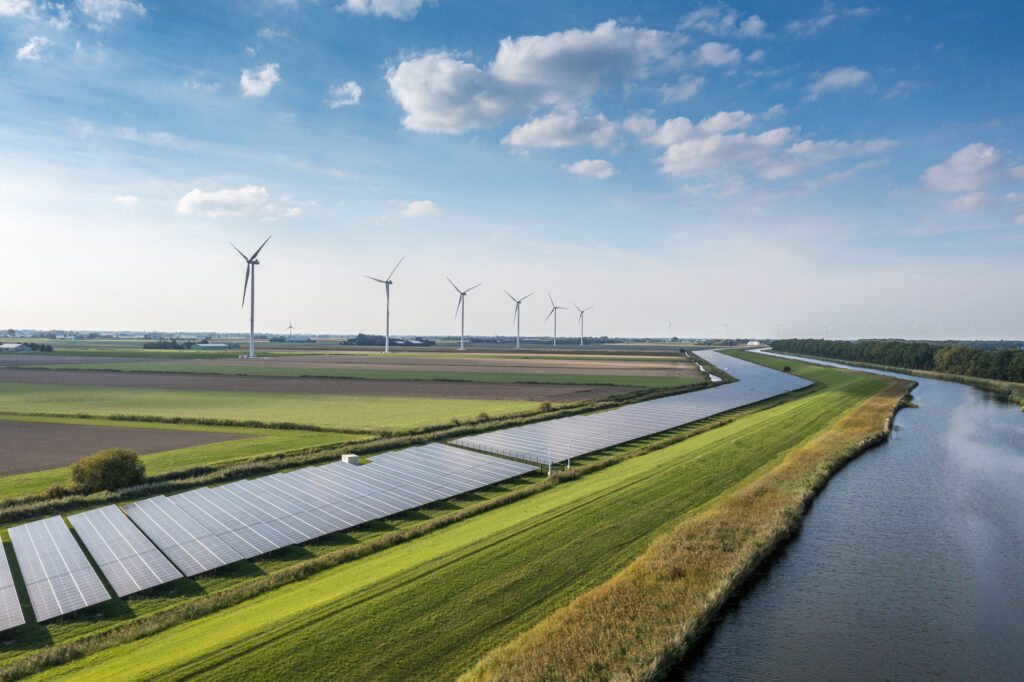2025 could be a good year for cash strapped academies wanting to invest in their estates. Recent changes to the Academy Trust Handbook have relaxed the rules on when so called ‘finance leases’ can be used to fund certain investments that support renewable activity, or energy efficiency.
The government is clearly hoping that these investments will save academies enough money that, not only will they be able to pay for themselves over the term of the lease, but also pay the lessor’s cost of capital, and leave some money left over for the school to re-invest in their students.
What can schools now do?
The exact wording of this change means that schools will no longer require prior approval for finance leases where they relate to LED lighting systems or investments ‘to support renewable activity’. The hope is that this will help schools achieve their sustainability goals and save costs by using private finance.
As with any deregulation, there is a risk that trusts could take on financial commitments they are unprepared for, and that the expected savings do not materialise. This is why it is so important for schools to ensure their deals maintain the principles of value for money, regularity and propriety that govern any expenditure under the Academy Trust Handbook.
This is more easily done for investments like LED lighting, but as the ‘renewable activity’ becomes more complex, the need to undertake appropriate due diligence becomes greater. The first part of which requires you to identify whether or not you are entering into a finance lease in the first place!
What are finance leases, and how do they work?
Most leases can be categorised as either an operating or a finance lease – but it is not always clear on the face of it which one is which. Both types of leases involve a lessee/school paying to use something that is owned by a third party, but a finance lease is normally for a period of time that is equal to the entire duration of that equipment’s working life. It will also transfers all of the risks of ownership of the equipment to the lessee, who would be expected to pay the lessor all of their capital costs, plus interest.
By contrast, an operating lease will normally only be for a part of the asset’s expected lifespan and the overall costs should be less than the cost of buying the asset outright.
What does ‘leases to support renewable activity’ mean?
Although the academy handbook does not elaborate on this, one obvious renewable activity would be the installation of solar panels. The cost of solar panels has reduced in recent years (as the cost of electricity has increased) to the point where these can often be expected to effectively pay for themselves. This is particularly the case for schools, which are using the most power during the day, when the panels are most active. These installations are also often funded by power purchase agreements (PPAs), which are often a form of finance lease.
How does a PPA work?
Under a PPA, an electricity generator agrees to sell electricity to their customer for an agreed price over a number of years. Because a solar panel located on the roof of a building does not need to use the national grid to get electricity to its customer, the generator that owns those panels does not need to pay the significant ‘non-commodity’ costs that normally affect power provided by an electricity supplier. This means that the generator can afford to sell power for significantly less than a school would be used to paying.
The terms of these contracts are normally dictated by the terms of whoever is funding the generator’s installation. Funders will normally expect contracts to last at least ten (and often 25) years, and will seek to place the burden of any new costs that appear over this time onto the customer.
What should schools do if they want to take advantage of this?
- Consider who you will be working with: Schools should consider if they can work with an approved supplier, or a framework that can be used. Even though the rules on finance leases have been relaxed, schools still need to comply with their usual procurement obligations.
- Think long-term: Schools and energy policy are traditionally some of the areas where governments like to intervene the most. Consider including clauses in your contracts which protect you if regulations change, or if new costs are introduced which you were not expecting.
- Explore all financing options: Just because finance leases may be permitted, doesn’t mean they are necessarily the best method of funding. Grant funding may be available for some installations, and some energy suppliers offer reduced rate contracts in return for their customers giving them the use of a convenient rooftop.
A positive step for schools and sustainability
The relaxation of financial leasing rules offers schools the chance to improve the quality of their facilities and invest in sustainable solutions. It also gives them more freedom to make financial decisions that suit their individual circumstances. However, it’s crucial to approach these opportunities thoughtfully. Schools should thoroughly evaluate all options, carefully review supplier terms, and ensure agreements allow flexibility in case of future changes in regulations.
By taking these steps, schools can make confident decisions that align with their financial needs and sustainability goals, setting themselves up for lasting benefits.
If your school is exploring financial leases or renewable energy investments, our energy team is here to provide expert guidance and support. Contact us today to learn more.






